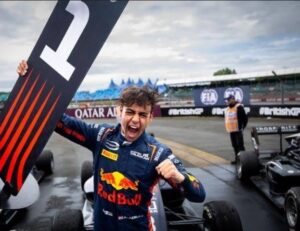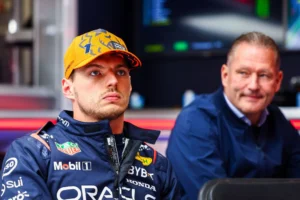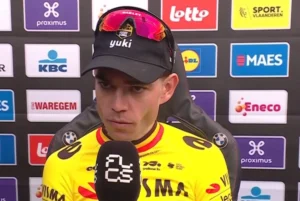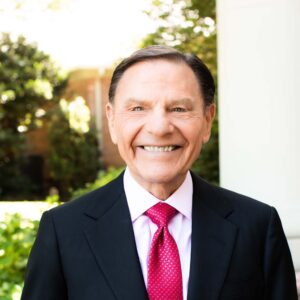Max Verstappen has recently voiced his frustration with the Formula 1 Drivers’ Association (GPDA), criticizing it for failing to support him during the ongoing swearing controversy with the FIA. The Dutch driver, who has become a prominent figure in the sport, believes that the lack of solidarity among drivers on this issue reflects a deeper concern about freedom of expression in Formula 1.
The controversy began when Verstappen, known for his passionate and outspoken demeanor, faced scrutiny for his use of strong language during radio communications with his team. The FIA responded with warnings and potential penalties, arguing that such conduct is not in line with the sport’s image. Verstappen, however, maintains that his comments are part of the competitive spirit of racing and a natural reaction to high-pressure situations.
In his remarks, Verstappen pointed out that the GPDA should be more proactive in defending drivers’ rights to express themselves candidly. He emphasized that drivers often encounter stressful and intense moments during races, and swearing can be an instinctive reaction. Verstappen argued that instead of being penalized, drivers should have the freedom to communicate as they see fit, especially when emotions run high on the track.
The lack of support from the GPDA has left Verstappen feeling isolated. He expressed disappointment that fellow drivers have not rallied around him to challenge the FIA’s stance. This lack of unity, he believes, not only undermines his position but also sets a precedent for how the FIA might treat drivers in the future. Verstappen called for a more collective approach, urging his peers to recognize that what affects one driver could eventually impact all of them.
Verstappen’s comments have sparked a broader discussion about the relationship between drivers and governing bodies in Formula 1. Many fans and analysts are weighing in, with some agreeing that the FIA’s approach to driver conduct can be overly stringent. The debate touches on issues of censorship, freedom of speech, and the authenticity of driver personalities in a sport that often tries to maintain a polished image.
Moreover, Verstappen’s strong personality and willingness to speak out resonate with a younger audience that values authenticity and transparency. As the sport evolves, there is a growing call for greater leniency regarding how drivers express themselves, particularly in a high-stakes environment where emotions can run rampant.
In summary, Max Verstappen’s criticism of the GPDA underscores a pivotal moment in Formula 1, where the balance between regulation and personal expression is being re-evaluated. His call for solidarity among drivers not only highlights his own plight but also raises important questions about the future of communication in the sport. As the controversy continues, it remains to be seen how the GPDA and FIA will respond to these evolving dynamics and whether drivers will unite to advocate for their rights more effectively.








